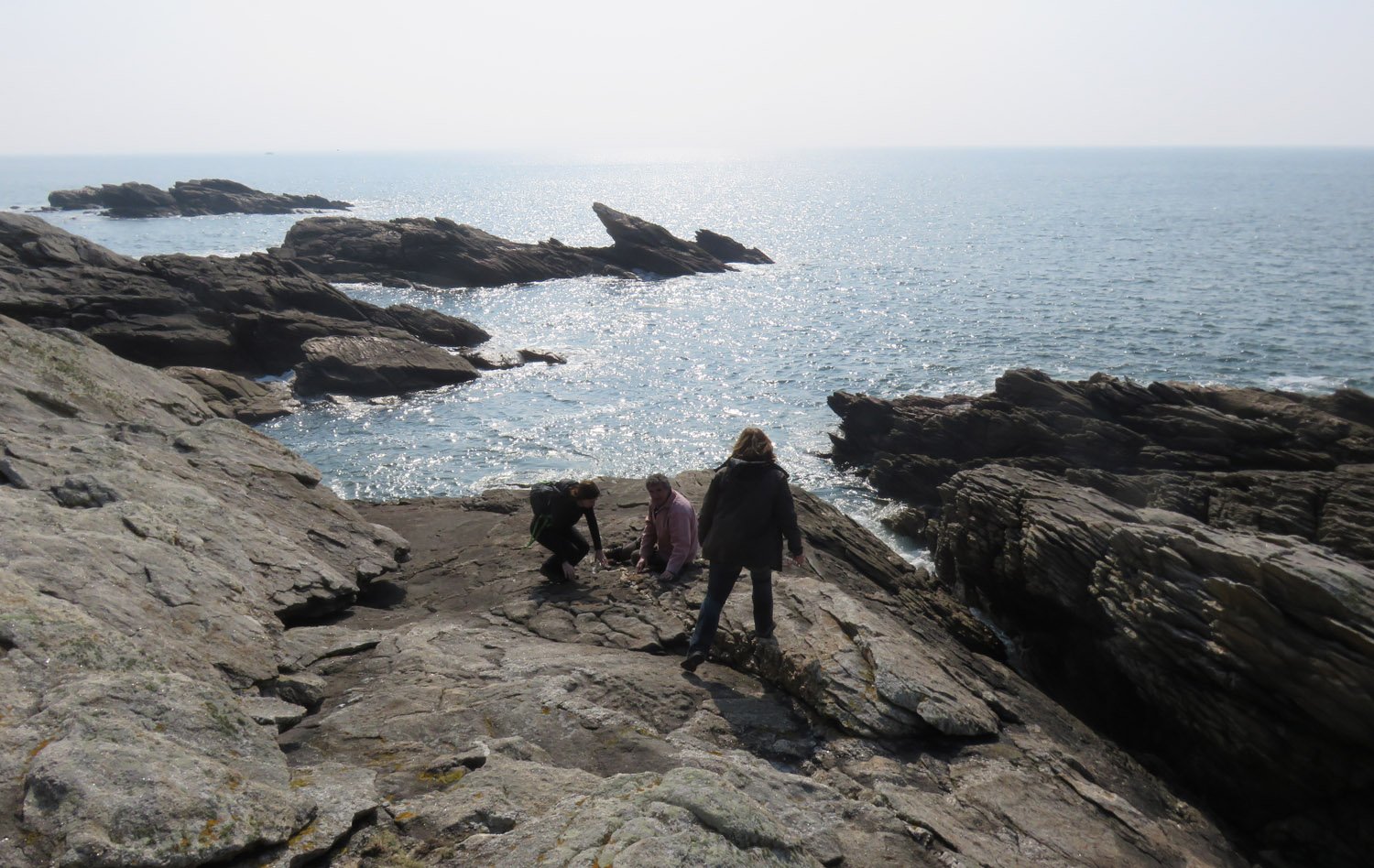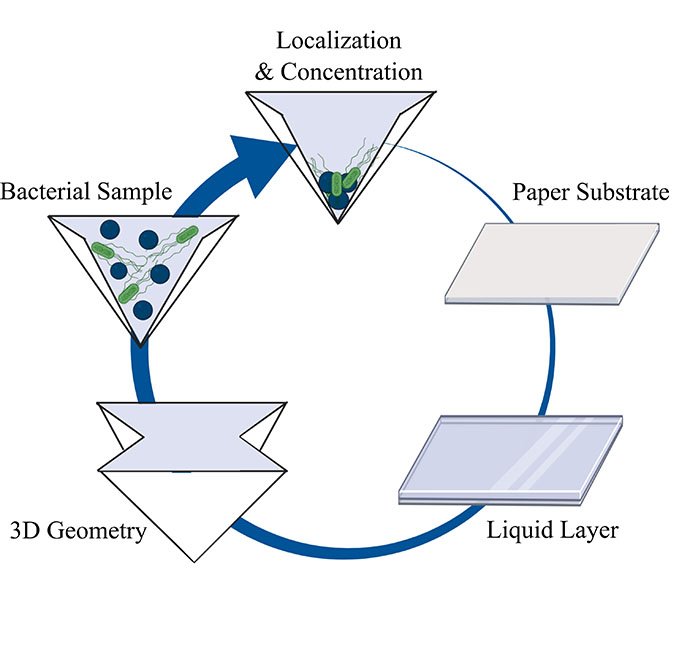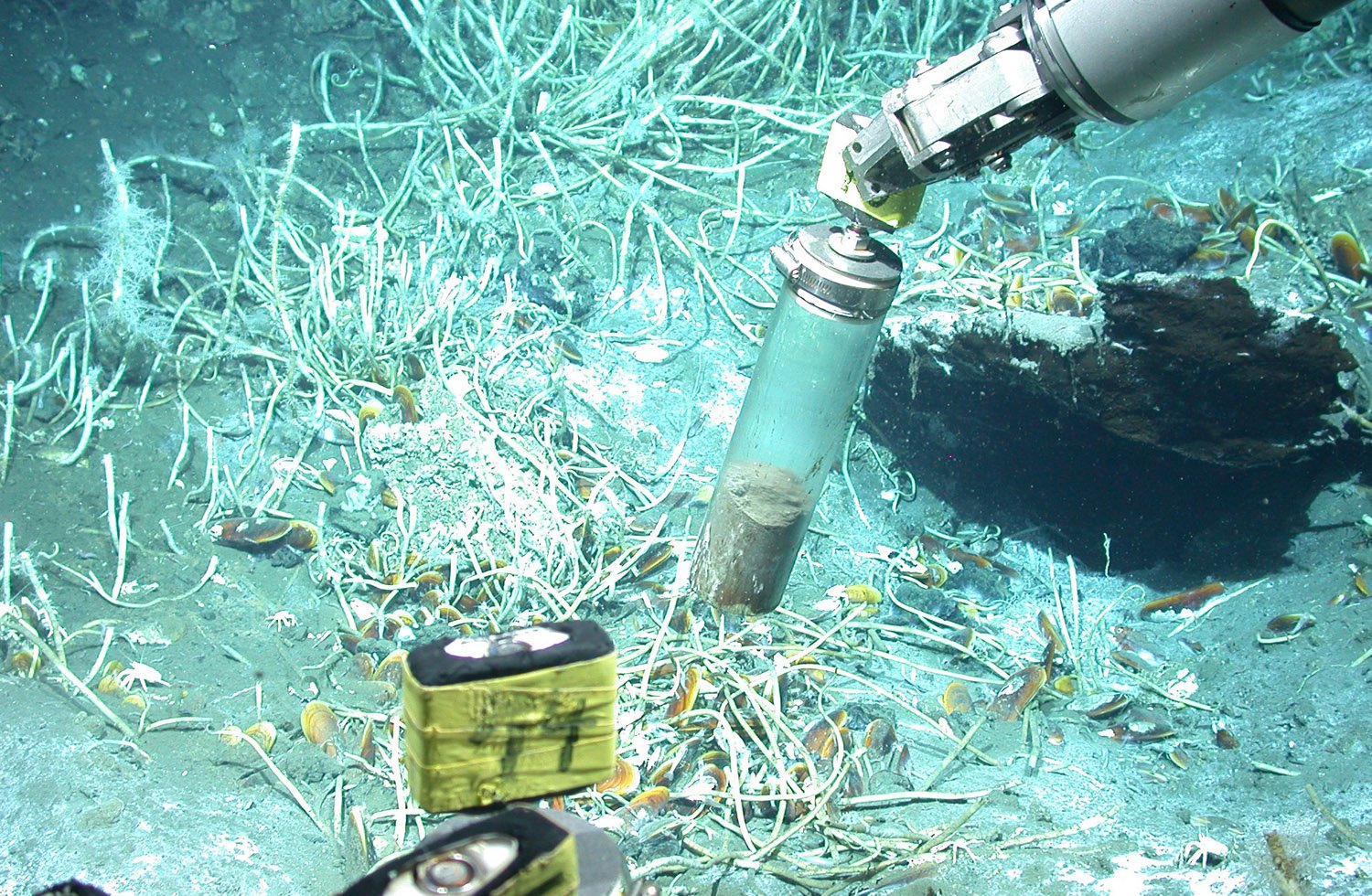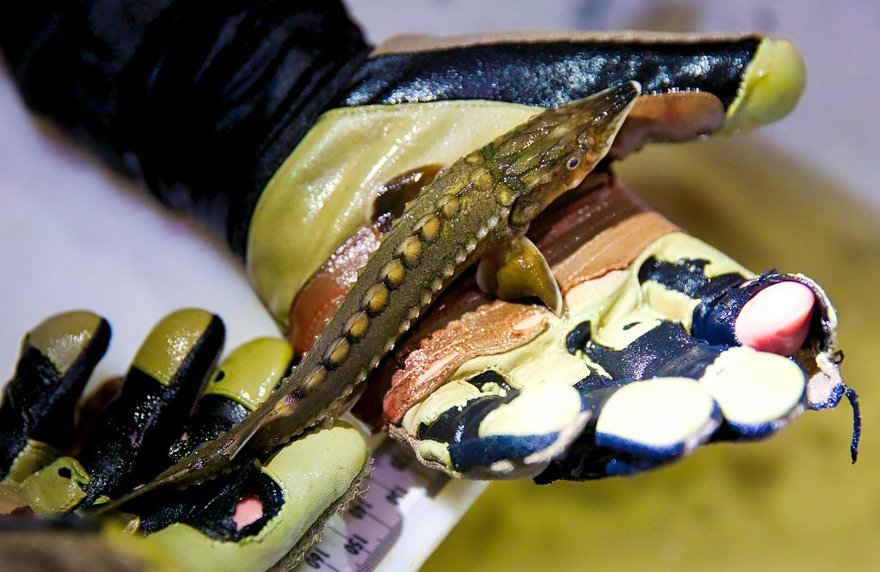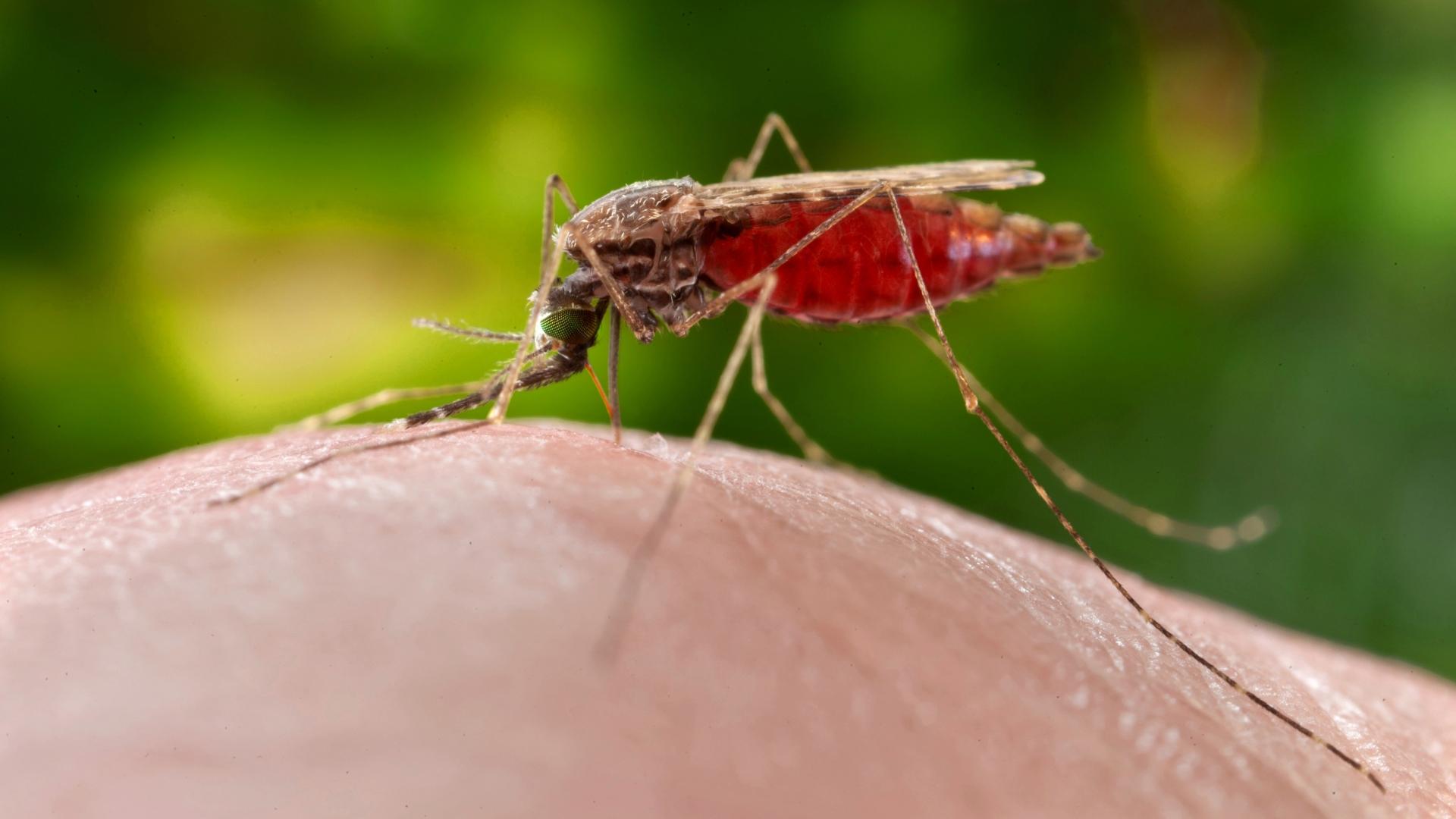Scientists unpick the history of Western France, written in 300 million year old rainwater
For the first time scientists have been able to reconstruct the chemical composition of rainwater from 300 million year old minerals, allowing them to unpick some of the history of Brittany and Western France since the rain fell in the late Carboniferous period, just before the time of the dinosaurs. The results point to the … Read more
